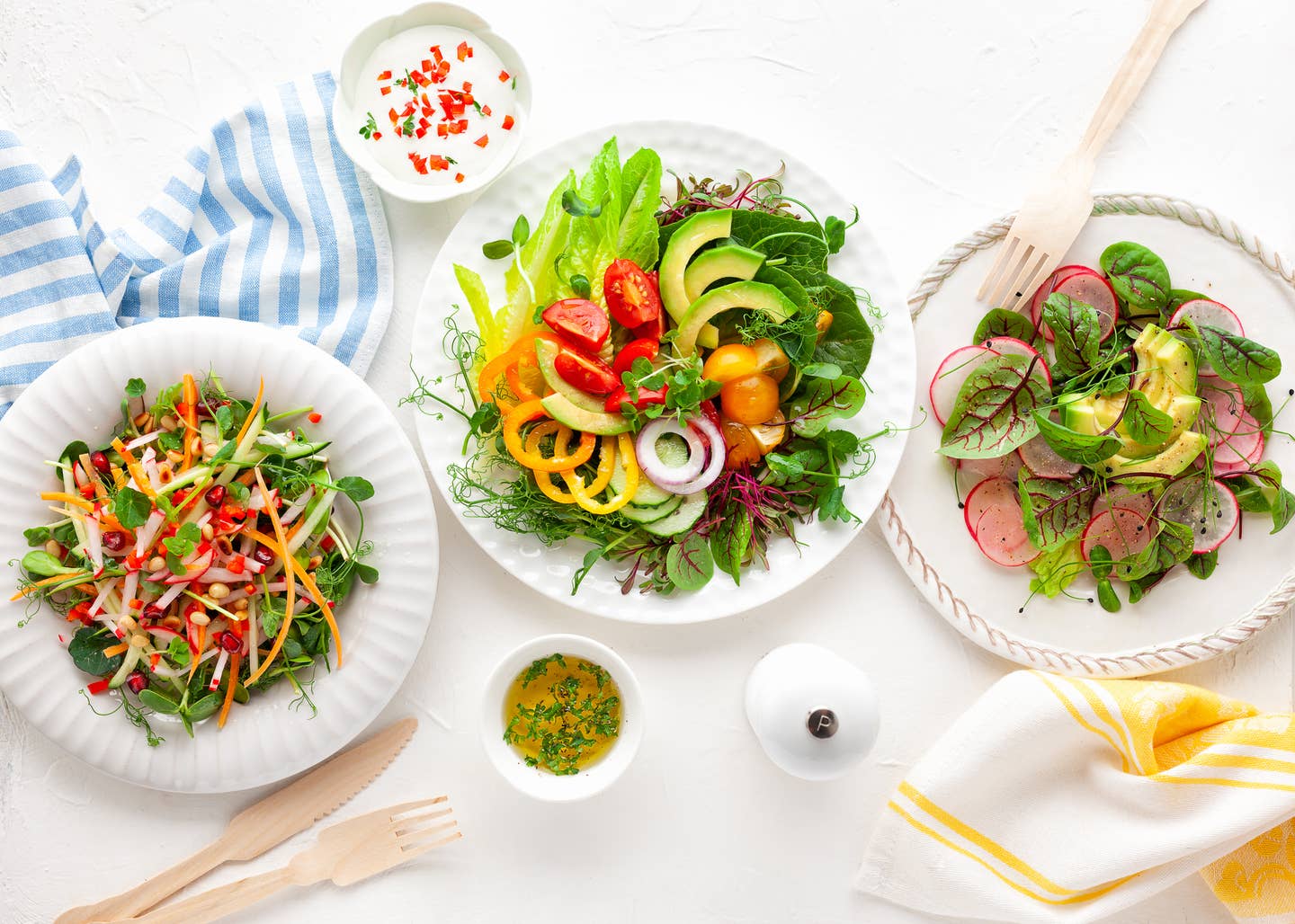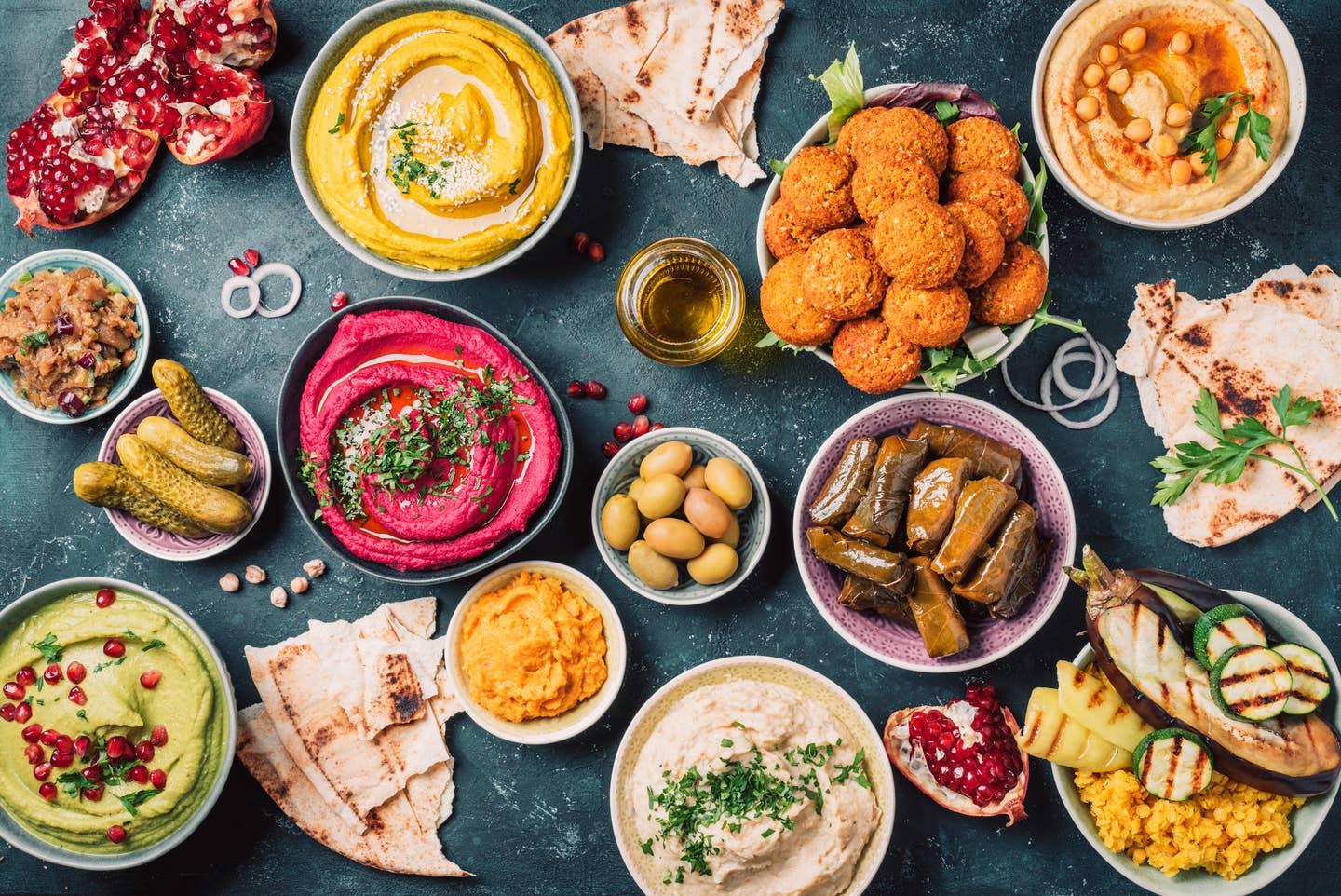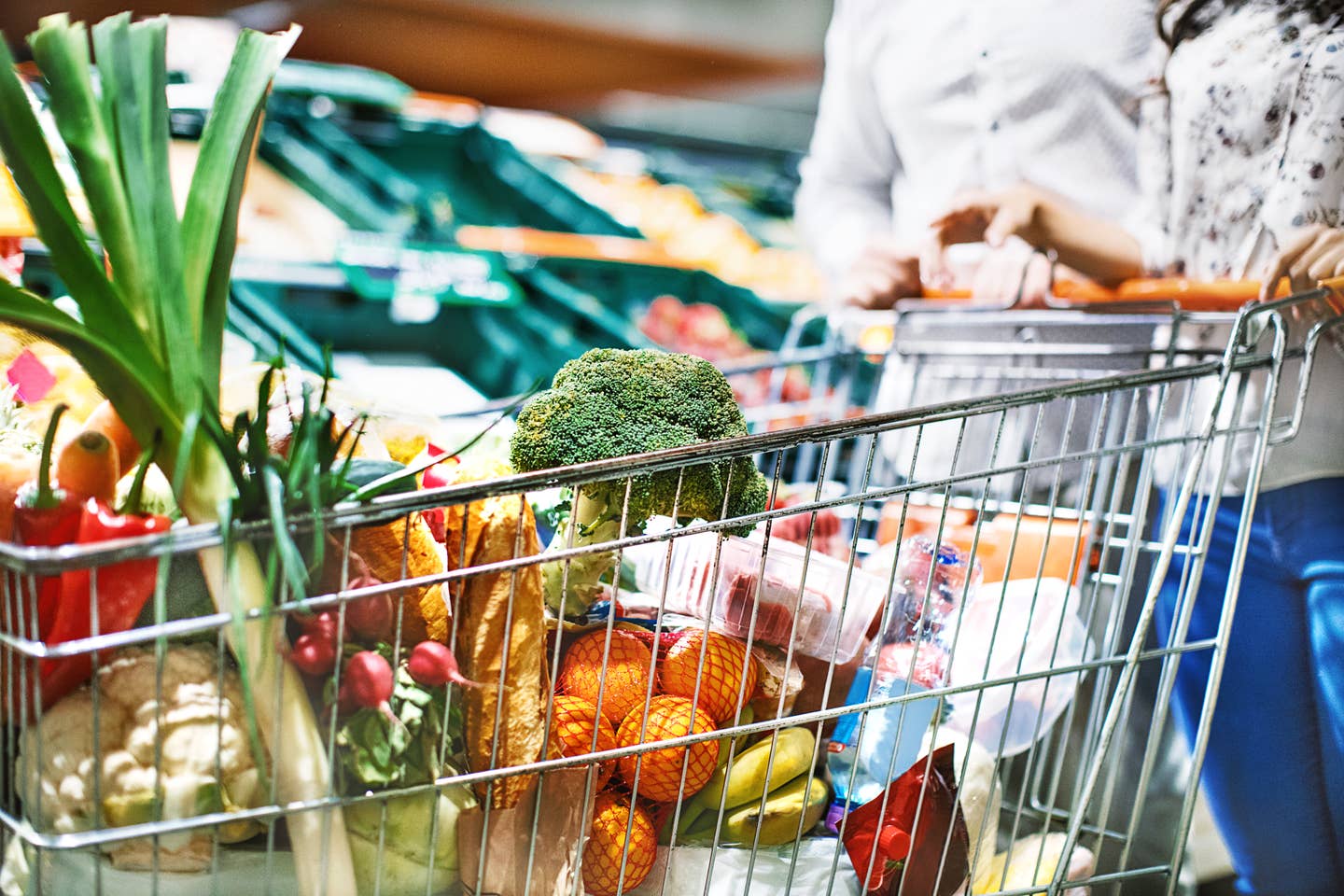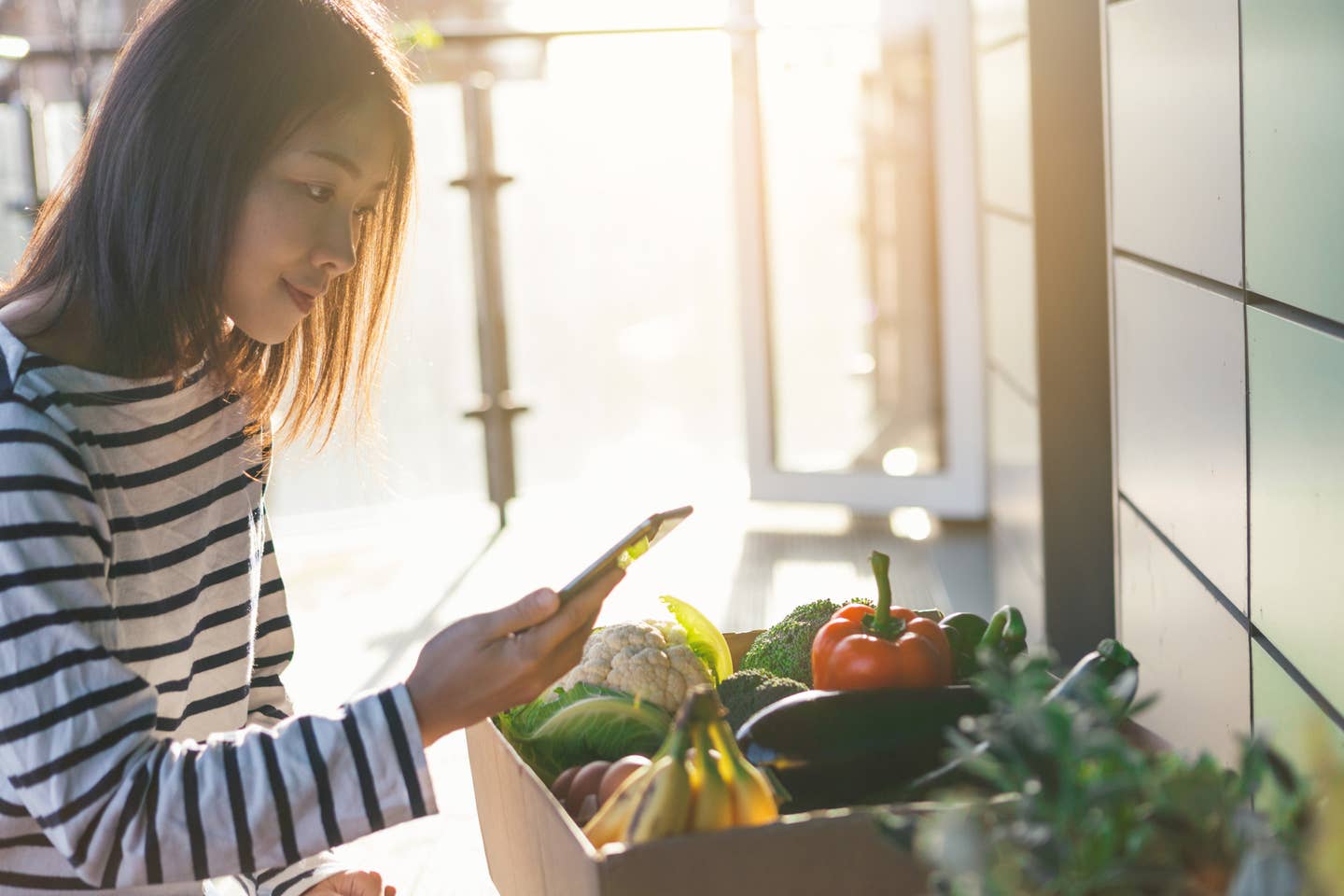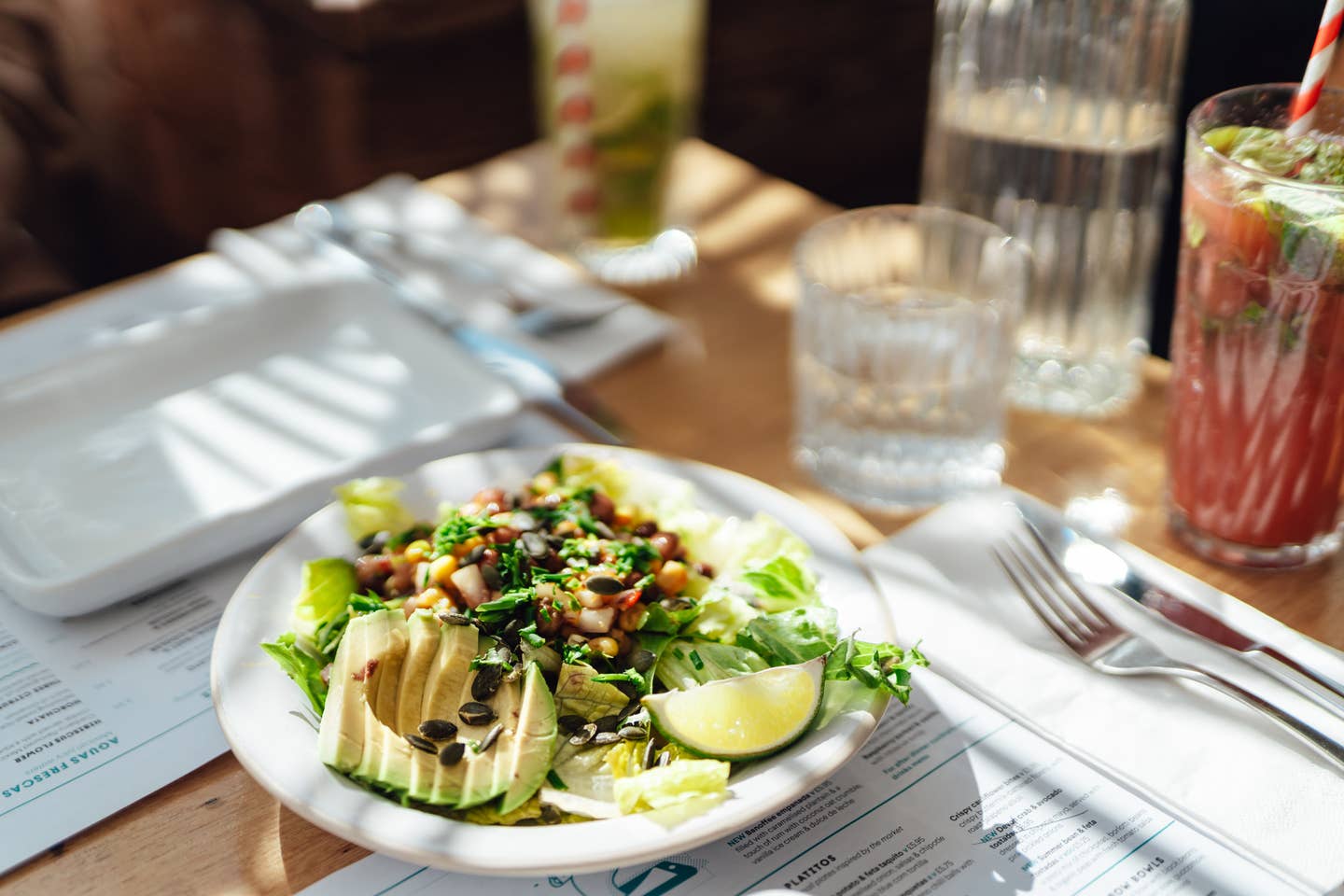
Want to Go Plant-Based? Here’s How to Start. First, Know Your “Why”
Want to go plant-based? There's a way to do it that's easy, fun, delicious, and motivating. Read on for the exact steps to take. First, know your "why." Then get professional help from those who know best how to eat a nutritious diet and get enough protein and other essential nutrients, such as by attending the upcoming remote 2-day Plant-Future Symposium at Berkeley. Thirdly, enlist a friend or loved one to do it with you. Those dieters who change their approach to health, fitness, and wellbeing and have the most success don't go it alone but join a like-minded group who can be supportive in good times and in bad.
Here's what to know before you go plant-based.
Know your "why" – it can be more than one reason
If you're one of the millions of consumers who made a promise to yourself to try going plant-based, even part of the time, in 2022, there is likely a reason.
Go vegan or plant-based for animal welfare
Perhaps you want to join the vegan eating world because you love animals and care for their welfare. Ever since Sir Paul McCartney produced the documentary about what happens in slaughterhouses called Glass Walls a dozen years ago, the horrors of how we raise and kill animals have been in the public consciousness.
Since then, sadly, not much has changed in how we see our food sources, other than the fact that meat shortages during the pandemic have made things even worse. According to The Humane Society, which is working to get laws passed that would regulate the industry and create more humane farming practices, food producers have been allowed to cut corners and speed up production, making harmful and cruel practices even more prevalent.
If you don't want to think about it, that's your choice. It's the one inconvenient truth of our food system that isn't going away but is actually getting worse. We all love animals, let's just leave it at that. In a recent poll, vegans are 10 percent happier than meat-eaters, linking mental health to ditching meat and dairy.
Go vegan or plant-based for health benefits
Your reason for going plant-based could be that you have heard of the incredible health benefits, or have a friend who changed to a plant-based diet and lost weight or reversed her diabetes or lowered his cholesterol, one of the markers for heart disease. There is one study that, of all the hundreds of studies out there, shows that eating a plant-based diet lowers your risk of death from all causes of mortality by 25 percent. All the other studies added up can be summed up in that one statement.
Eating less meat and more plant-based sources of protein has been shown to lower the risk of heart disease, cancer, and diabetes and help strengthen immunity and overall well-being. Studies have linked meat-eating to increased risk of stroke, cancer, heart disease, and lifestyle conditions such as obesity, type 2 diabetes, metabolic syndrome, and more. A report published in the Journal of the American Heart Association claims that a plant-based diet is associated with a lower risk of not only heart disease but also "all causes of mortality."
The report found that consumers who ate a diet rich in animal products and refined carbs were 32 percent more likely to die of heart disease and 25 percent more likely to die prematurely from all causes.
Eating plant-based reduces your risk of insulin resistance, a state of not being able to properly metabolize the calories you eat, which makes it hard to lose weight – and essentially everything you eat gets stored as fat when this happens. Eating plant-based can also help reverse the condition known as prediabetes, that over 108 million adult Americans, or one in three people in this country, now have but may not be aware of. There are no symptoms and it can easily lead to diabetes when the pancreas, so worn out by overproducing insulin, simply gives out. At that point, experts say, it is much harder to reverse this condition.
Simply put, the less animal fat you eat (and the more you avoid processed foods and added sugar) and the more plant-based whole foods you eat – defined as foods that could be grown in the ground that are high in fiber – the better for you. That does not mean a diet of animal-free Twizzlers and chips. It means focusing your diet on getting five servings a day of any of the following: Fruit, vegetables, legumes, whole grains, nuts, and seeds
Go vegan or plant-based for climate change
The experts at Weather.com recently published a report that 2021 was the worst ever in climate-related weather disasters that cost $145 billion in property damage, and more loss of life than in any other year. They included fires, floods, tornados, mudslides, and other extreme events that are tied directly to our warming planet and melting polar caps. In all, these contributed to the deaths of 688 people across the US, showing that "we're not going to be able to adapt our way out of the increasingly violent climate," said the agency.
Changes are more than likely a climate-related weather event has struck close to your home, whether a rogue tornado, a fire, or a flooded area that cost money and possibly worse. Climate crisis events have eclipsed all prior years in terms of frequency – and one clear culprit is our current food system and our Standard American Diet's heavy reliance on meat and dairy. The UN has issued a "Code Red" for the planet warning first world nations to dial back our dependence on meat dairy and animal products and eat a diet of plant-based foods.
By every estimate, factory farming and animal agriculture are some of the largest manmade contributors to greenhouse gases such as carbon emissions and methane releases. One estimate places animal farming at 57 percent of all greenhouse gases released by the food industry each year. Methane gas burns fast, like a match while carbon hangs around and burns slowly like oil. Together than are warming the planet at an alarming rate. All the electric cars on the road can't make up for our dietary habits. In fact, eating just one plant-based meal a day for a year is the equivalent in savings as not driving from New York to California. Do two plant-based meals a day and you are saving the same amount as driving back.
How to start a plant-based diet
If any of these motivations ring true to you or make you want to try a plant-based diet (either part of the time or full time) the first place to start is to educate yourself. Read The Beet's Beginner's Guide, a 7-day onramp for anyone who wants to eat plant-based, full of recipes and tips. Try starting with breakfast, then lunch, then add dinner. With these recipes and The Beet's 28 Day Plant-Based Meal Plan, you will be on your way in no time, and loving it. Different ways to go plant-based include trying it one meal a day, one day a week, or by being vegan before six p.m.
Tips to starting a plant-based diet from experts:
1. It's less expensive than you think
2. Focus on fiber foods like vegetables and fruits
3. Get your protein from pulses like chickpeas and beans
4. Skip processed foods, which are full of chemicals
5. Stop counting calories. Eat a balanced diet instead
6. Get your Iron, B12, and Omega 3 to stay healthy and energized
Attend a two-day symposium at Berkeley online
For some people learning from experts and teachers is the best way to start. If so, you may also want to go "back to school" for plant-based eating, and if that's your way of incorporating information, then you have the chance to attend a Plant Futures Symposium at Berkeley, a virtual program with experts, chefs, and founders who can help you navigate the "why" and "how" of going plant-based.
Keynote speakers at the event include James Beard-Award-winning chef Bryant Terry, who has written and edited many books including Black Food and The Inspired Vegan, along with chef, Charity Morgan, who was featured in the documentary The Game Changers and has written Unbelievably Vegan, and Seth Goldman, co-founder of Eat the Change with his wife and PLNT Burger.
Anyone who wants to attend the second annual virtual Plant Futures Symposium can get a 50 percent discount for being a reader of The Beet. Our own Editorial Director Lucy Danziger will be a featured moderator on the climate panel. Here is the information for you to share with friends.
How to attend the Plant Futures Event
When: On Friday, January 28 & Saturday, January 29, 2022, UC Berkeley will host the second virtual Plant Futures Symposium, an acclaimed academic course and conference that will be open to the general public and Universities across the world.
What: Plant Futures has emerged as the first University-level course that creates career pathways and equips the next generation of leaders and entrepreneurs in the plant food sector, who will ultimately transform food systems. The 2022 Plant Futures Symposium, “The Countdown”, will focus on the urgency to transition to plant-centric food systems with a specific focus on entrepreneurship and innovation in the plant-based food & ag sectors.
Who: The interactive, student-led event will feature globally renowned experts and companies, emerging startups, local businesses, scientists, chefs, athletes, and influencers from the plant-based food & agriculture sectors, including Bryant Terry, Award-winning Chef, Charity Morgan, Author and Vegan Chef from “The Game Changers”, Seth Goldman, founder of Eat the Change and PLNT Burger, and Leah Garcés, President of Mercy For Animals and Author.
How: Get tickets here. The event will be open to the public and is projected to reach thousands of attendees from around the world including professionals and several hundred students from the Plant Futures Student Chapter Network including UC Berkeley, Harvard, Yale, and UCLA. Attendees will have access to speaker presentations, interactive discussions, panels, private networking, informal sessions with speakers, cooking workshops, and attendee networking opportunities.
Discount Code: Use code THEBEET22 for 50% off general admission tickets AND 50% off student tickets (students must register using school-affiliated email) and CMBEET22 for $25 off the Charity Morgan ticket + free book + coffee session bundle.
More From The Beet
